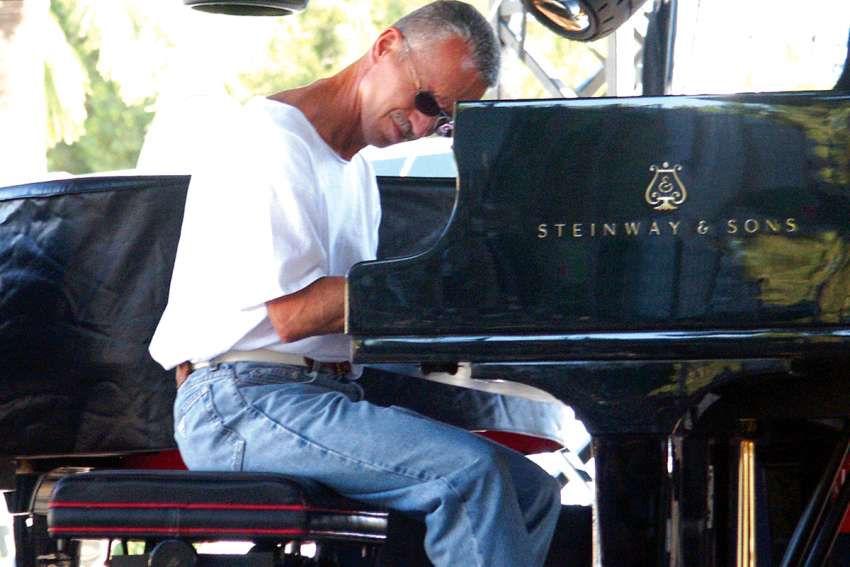This truth struck home some years ago when I spent three days on retreat at a ranch in mid-Texas with a group of Baylor University’s top undergraduates. As a group of us stood out under a crystal-clear Texas night sky one of the students looking up into the heavens said of the infinite stars, “Isn’t it amazing how they just hang in the sky.” Someone with a limited understanding of astronomy can tell you those stars are suns of varying sizes and they obey astrophysical laws that hold them in place in the universe. But, that was not what captured our eyes as we gazed heavenward. We wondered at their very existence. We contemplated that they are there at all, each in its own place, ordered, held. We did not seek to understand everything there is about stars in that moment.
“Do you know the ordinances of the heavens? Can you establish their rule on the Earth?” (Job 38:33). No, instead that moment reflected our human attraction to order, to celestial beauty, to God revealed in Creation.
Some of my friends are currently following the Exodus program. It is a 90-day period of ascetical practice, prayer and fraternity to help men break free from things that hold them back from being fully who God calls them to be. One thing that these men are encouraged to do is to spend more time listening to music that lifts the soul to God. A number of them, who know my love of classical music and jazz, have asked for my musical recommendations. Among the suggestions I provided, there are two favourites of mine: Catholic Reformation choral master Giovanni da Palestrina and Keith Jarrett, one of the greatest jazz pianists of all time.
When you listen to or sing one of Palestrina’s choral works, you have the sense that he was a man enrapt in the contemplation of God, a contemplation that brought him great peace. Whether it is the “Kyrie” of the Missa Papae Marcelli or the motet “Sicut cervus” from the Song of Songs, Palestrina’s soaring polyphony draws us to contemplate the Triune God through sublime beauty. Likewise, Jarrett’s brilliant improvisations in the Köln Concert album are studies in how the human mind is inspired to create order out of disorder, order that reveals what is beautiful calling us to be co-creators with God.
As with contemplating the stars, when we contemplate beautiful music we are in awe. Perhaps we reflect that each performance of a late Renaissance motet or jazz improvisation can never be replicated. Does this not mirror us as human beings, created in God’s image and likeness and entirely unique? Is this not what is truly wonderful? God places us human beings at the summit of His creation: “Yet Thou hast made him little less than God, and dost crown him with glory and honour.” Yet, how quickly we forget that the Incarnation of the Son of God reveals this to us and how His Glorious Resurrection brings us salvation and calls us to participate in the life of the Most Holy Trinity.
If we were to contemplate this daily, how would this transform our lives? Would we not be drawn into even greater wonder, into lives of more fervent prayer, into a greater love of the Eucharist and a desire to serve others?
Lent presents a time of spiritual renewal and each year the Church blesses us with this opportunity. This Lent let us begin again. Let us daily take the time to contemplate God more fully in prayer, in His creation, in what is beautiful and especially in the sacraments of the Most Holy Eucharist and Holy Repentance.
(The Reverend Andrew Bennett is a deacon of the Ukrainian Catholic Eparchy of Toronto and Eastern Canada.)


